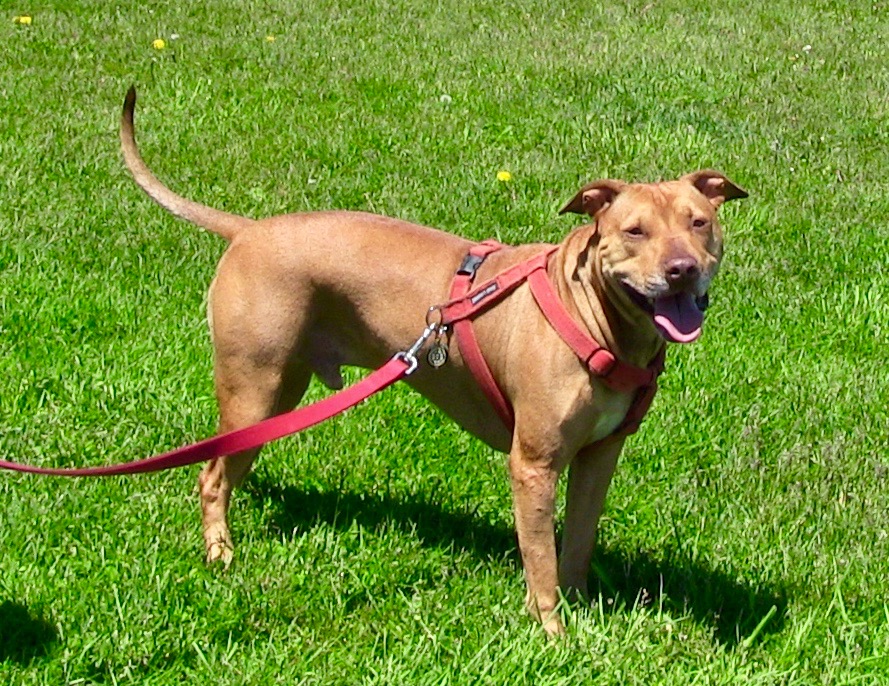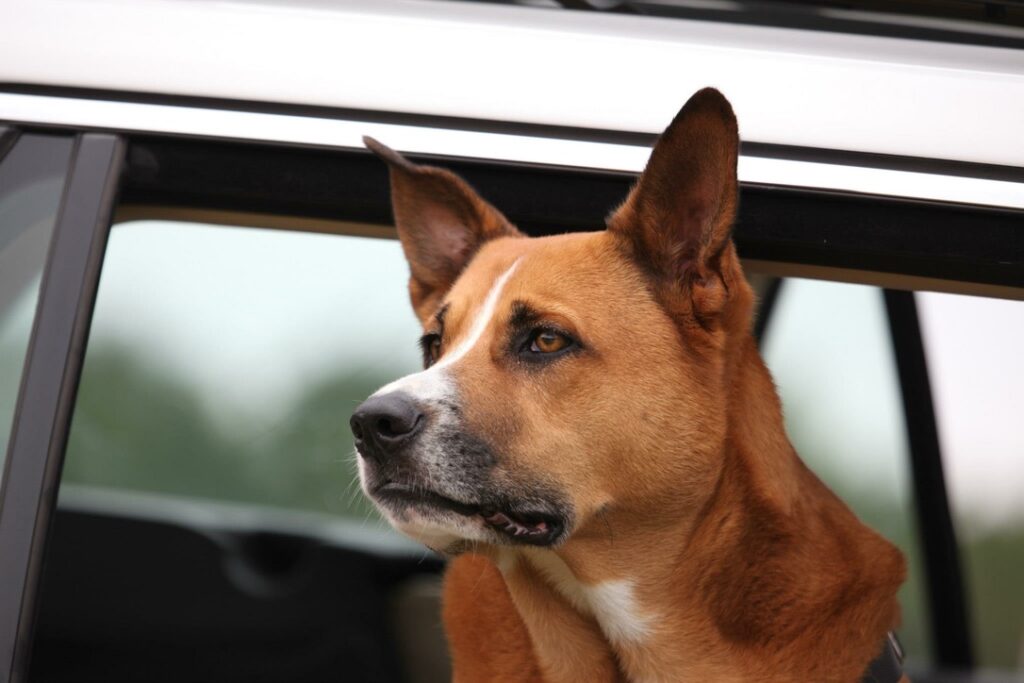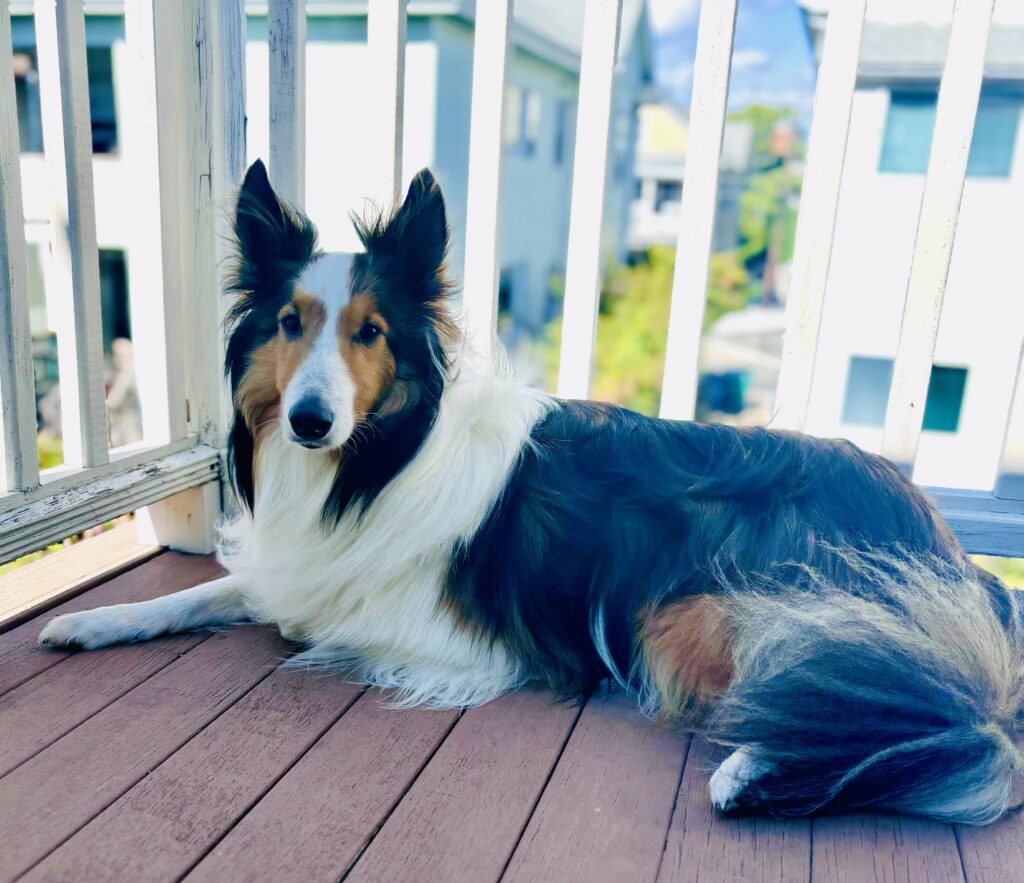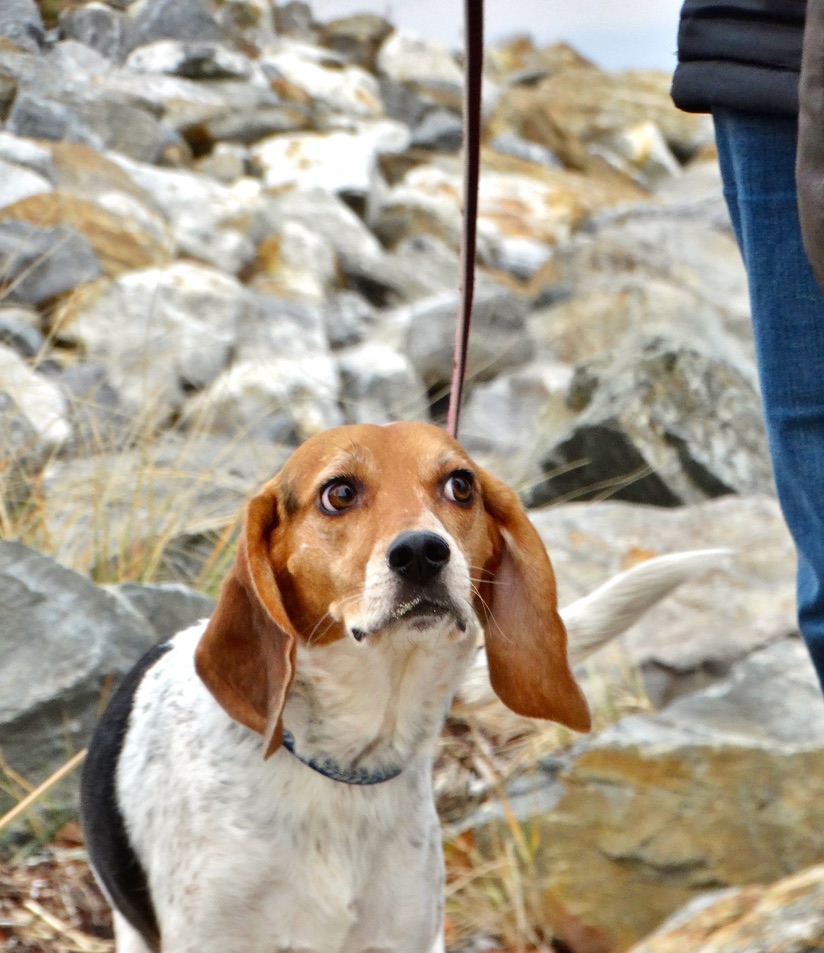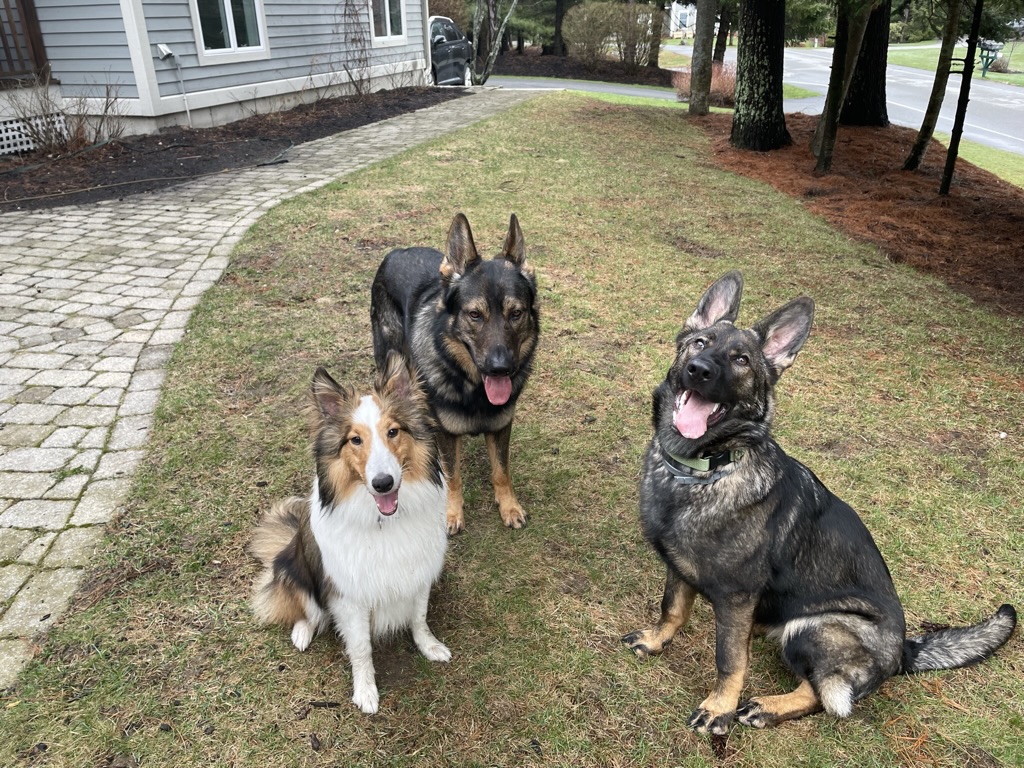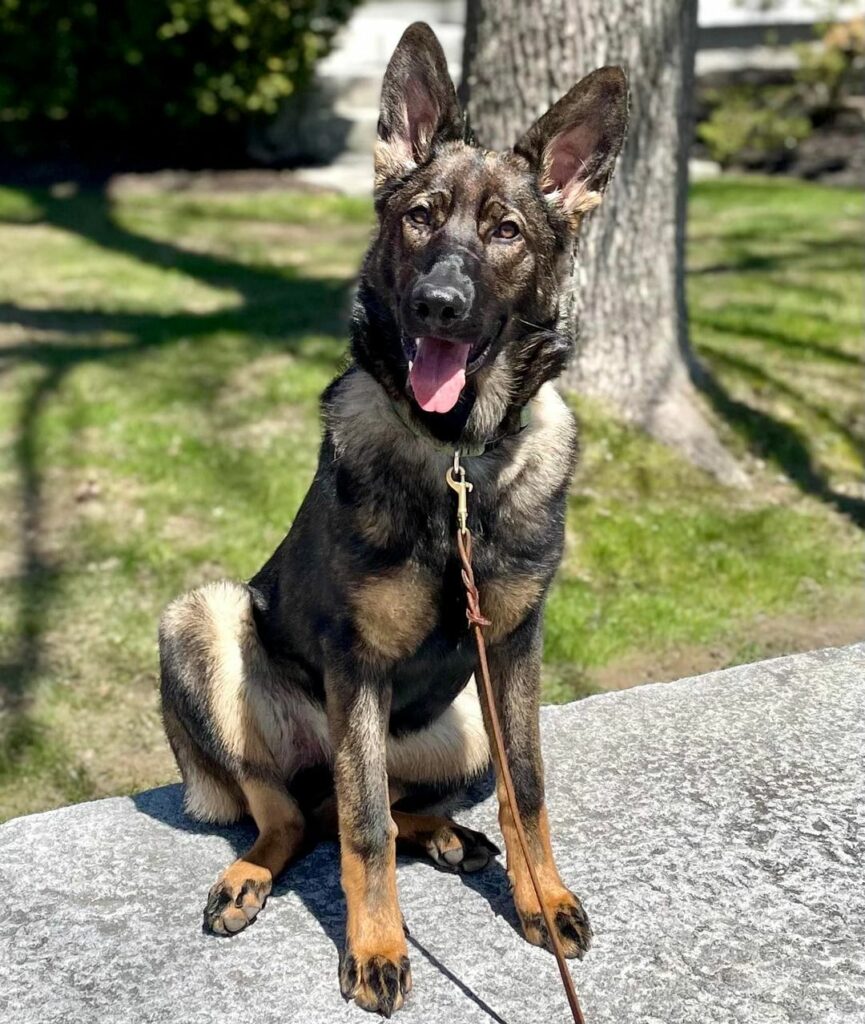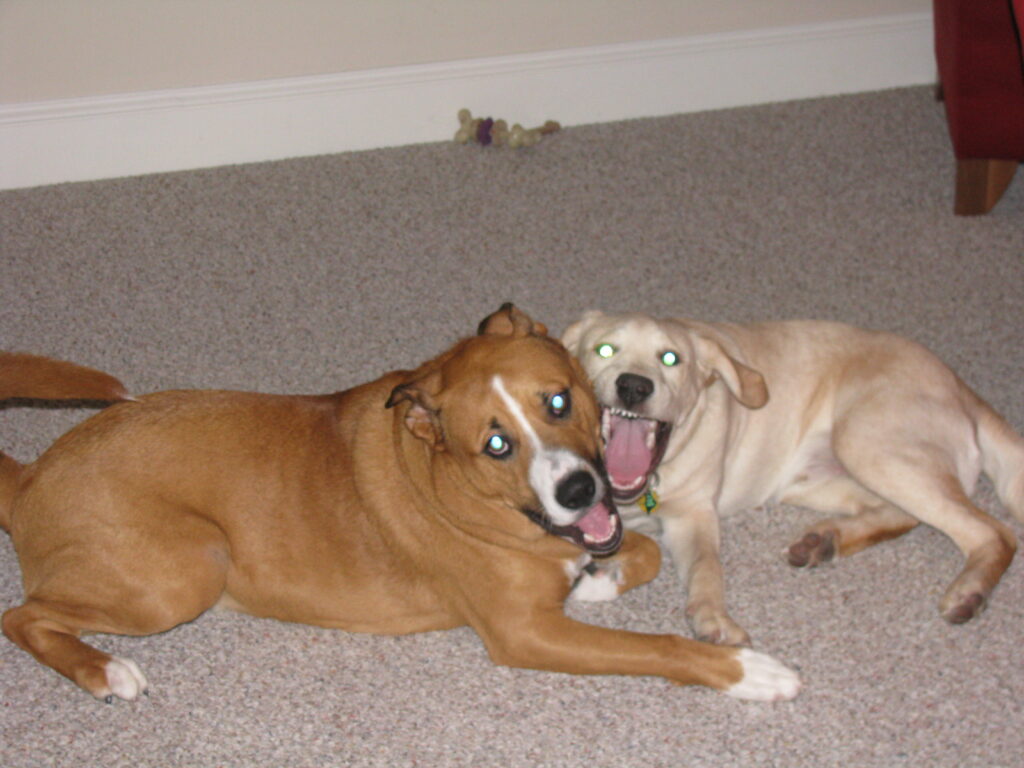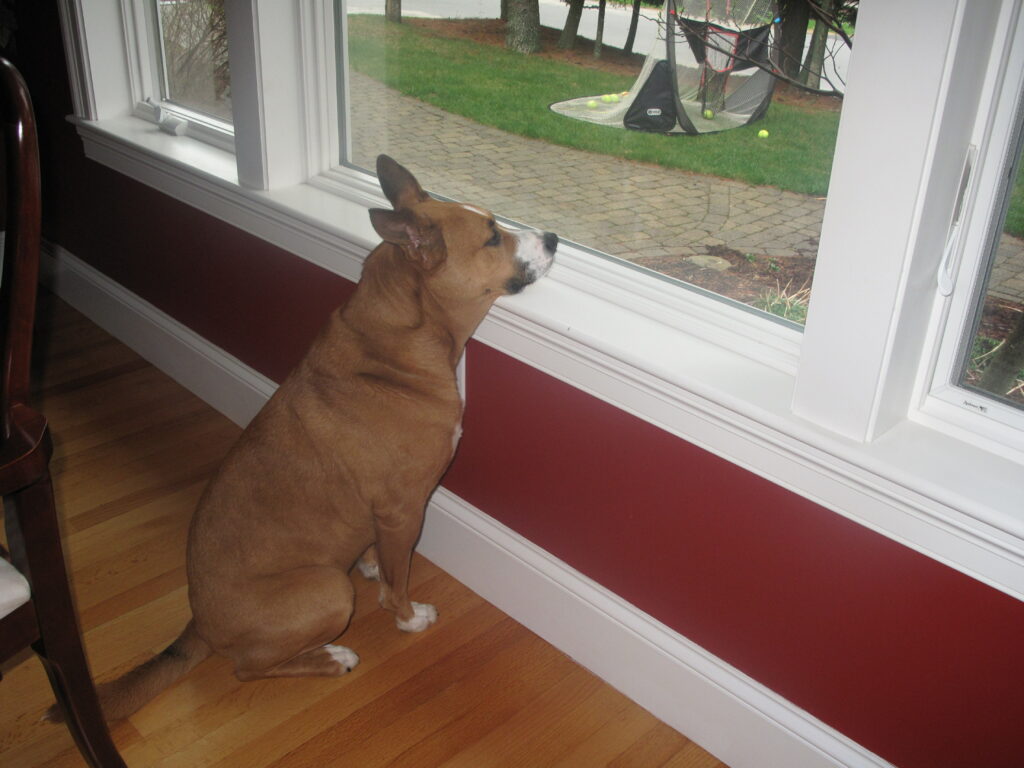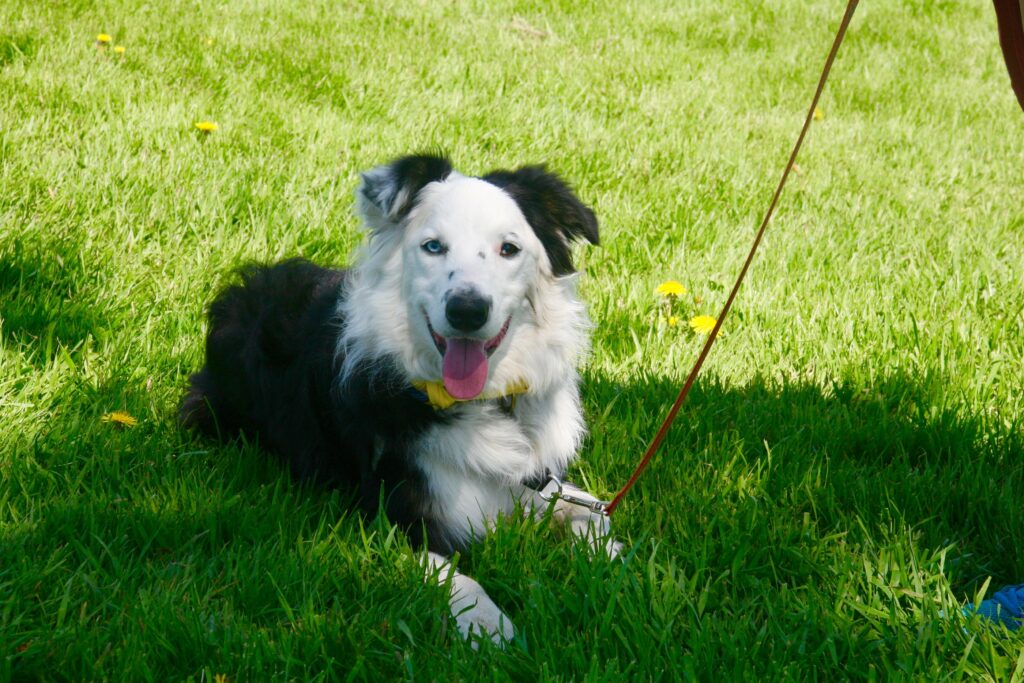Peaceful Holidays, a 10 Step Checklist
A Practical 10 Step stress-reduction guide for dog owners who want peace and not pressure during the holidays. The holidays bring joy, connection, and celebration to many of us. For our anxious, sensitive or protective dogs, however, they also bring noise, crowds, unfamiliar people, disrupted routines, and overwhelming social expectations. That is not all, now […]
Peaceful Holidays, a 10 Step Checklist Read More »


